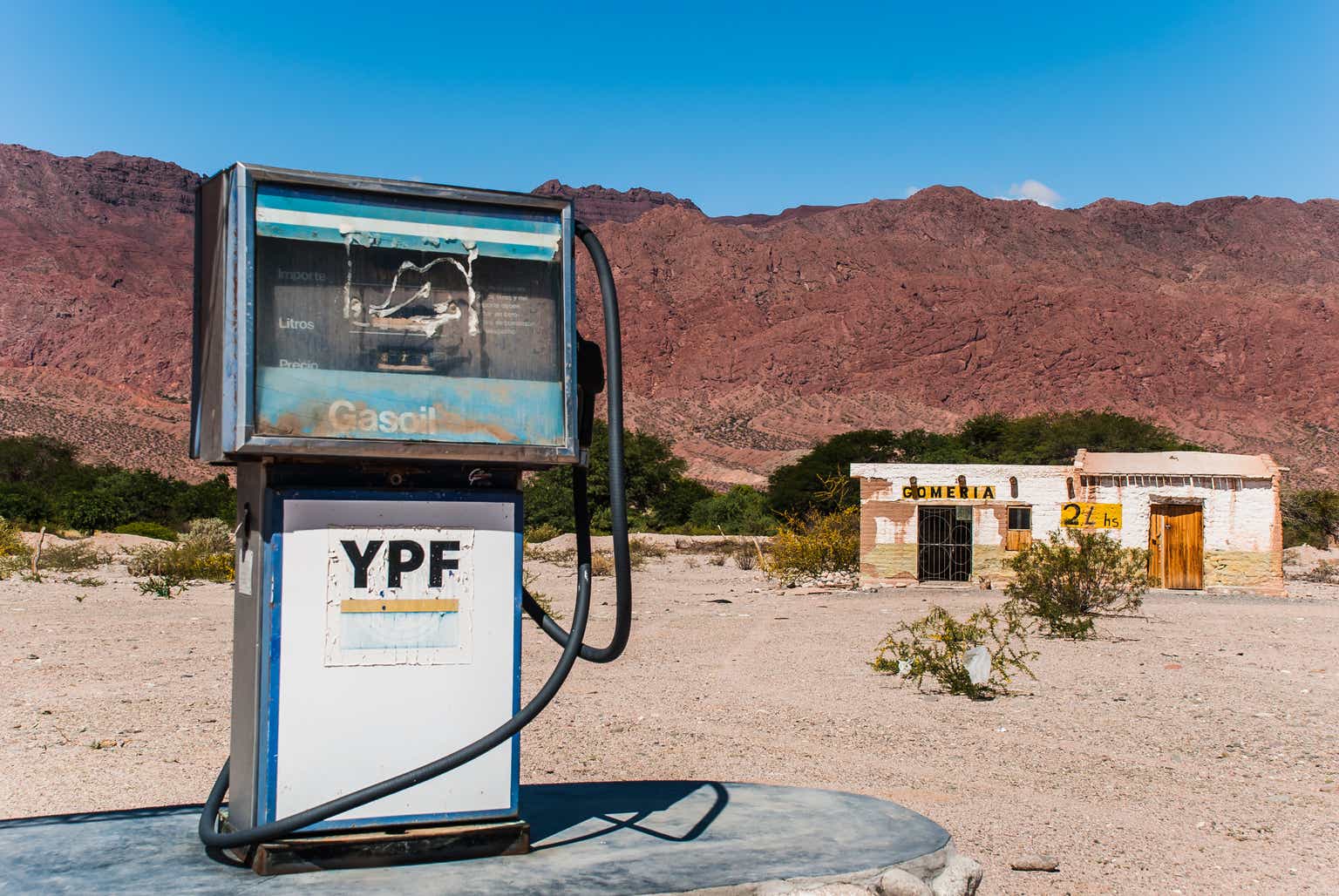Sustainable spender consumer advisor Grace Forell appeared on the ITV show and backed Martin Lewis radiator reflector advice
An ITV expert has shared a simple radiator hack that can ‘trap heat’ in the house and cut down on bills. Sustainable spender consumer advisor Grace Forell, appearing on This Morning, gave host Cat Deeley two key pieces of advice.
She suggested homeowners should ‘feel’ their radiators first to see if a minor adjustment using a £1 key could make a significant difference. She explained: “I just want to say a few things about radiators, because most of us have central heating, and it’s a really good time of year to show them a bit of TLC. So if you put your central heating on, go around your home and just feel your radiators. If you’re feeling cool patches near the top, it’s a sign that they need to be bled. Once you get rid of that air, it means that they can heat up fully and they’ll just be more efficient.”
She also pointed out that if people notice their radiator needs dusting – that can make a difference too: ” It’s also a good idea to give them a little clean, little dust with something long and thin like this, because if too much dust builds up, it can actually trap heat and your waste heat that isn’t it.”
One major issue is radiators heating areas that do little to increase room temperature, with warmth rapidly escaping outside. She explained that people can ensure the heat is fully reflected back into the space: “And there’s s a hack about tin foil or crisp packet. So basically some heat from radiators goes into the wall that it’s attached to. If it’s an external wall, it can actually be lost outside the house.
“So sticking something reflective behind your radiator can help bounce a little bit of heat into the room. It’s not going to make a huge difference, but it will do something. You can use things that you already have in your home, for example, foil. You just cut it, stick it, make sure the reflective side is sort of facing the radiator. And you can even use crisp packets. If you turn them inside out, clean them and dry them, you can stick them behind your radiator.”
On his BBC Podcast, Mr Lewis had previously recommended that households should think about fitting reflective panels behind radiators to bounce heat back into the living space rather than letting it seep through walls to the exterior.
He said: “A tip for you, reflective panels behind radiators. Sheets of reflective material can be placed behind radiators. Crucially this is on external wall radiators so the heat doesn’t escape. If you don’t want to pay for those then tin foil can work although it doesn’t work quite as well.”
A 4-metre roll of radiator heat reflector foil is currently on offer at Screwfix for just £5.69. He also imparted some additional wisdom regarding radiators, stating: “If you’ve got radiators in rooms that you’re not using, go and turn them off before you turn the heating on so you’re not wasting cash overheating empty spaces. Changing the flow rate on your boiler can cut gas bill by over 9% and you won’t notice the change.”
Mr Lewis also warned people to avoid a certain ‘demon appliance’ wherever possible. He revealed: “Do you know what the real ‘demon appliance’ is in most people’s houses – the one that you don’t want to use because it’s really expensive. Tumble dryers. You’re typically paying up to a quid per load so dry your clothes on an airer outside, to shorten the amount of time you’re using your tumble dryer, or avoid using it completely. Those who have de-humidifiers those can take some of the moisture out of it. It’s less wattage than a tumble dryer so it can be more cost-effective.”
He also suggested other ways to save money: “Check your TV’s on a low energy setting too and walk around your house. Be a draft detector – what drafts can you spot as you walk around your house? And then try, if you can, to seal them up.”
During his BBC Sounds podcast, a 5 Live listener named Rob noticed his flat becoming increasingly damp after trying to air his laundry indoors. He asked: “If I was to buy a dehumidifier, would it be cheaper than using the heating to keep the place dry?”.
Martin replied: “Dehumidifiers take water out of the air rather than use the heating and they’re much lower wattage appliances than standard heating. So if the dehumidifier works for you, it will definitely have lower electricity bills.”
















